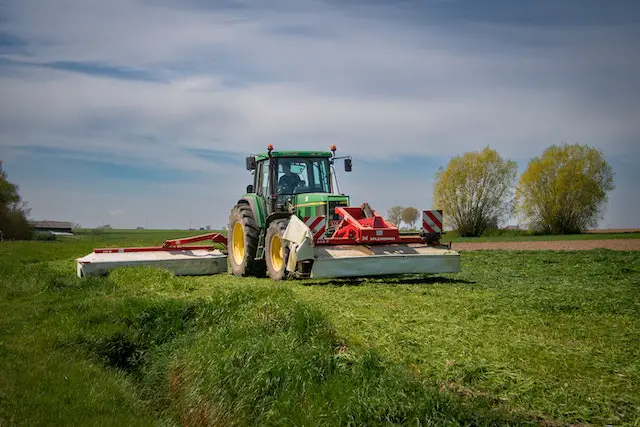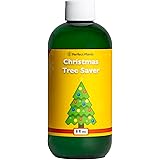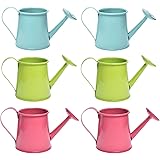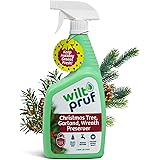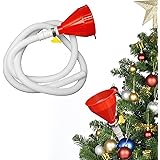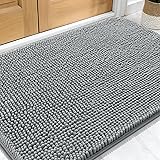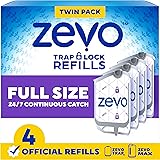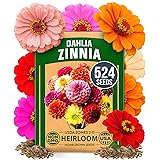Are you wondering what the difference between a rotavator and a tiller is? If you are looking to break ground in your garden, it is important to understand the difference between these two pieces of equipment so that you can choose the right one for the job.
In this blog post, we will explore the difference between these two, and explain why one might be more suitable than the other for certain types of soil and tasks. Read on to learn more about the key differences between a rotavator and a tiller.
What is a rotavator?
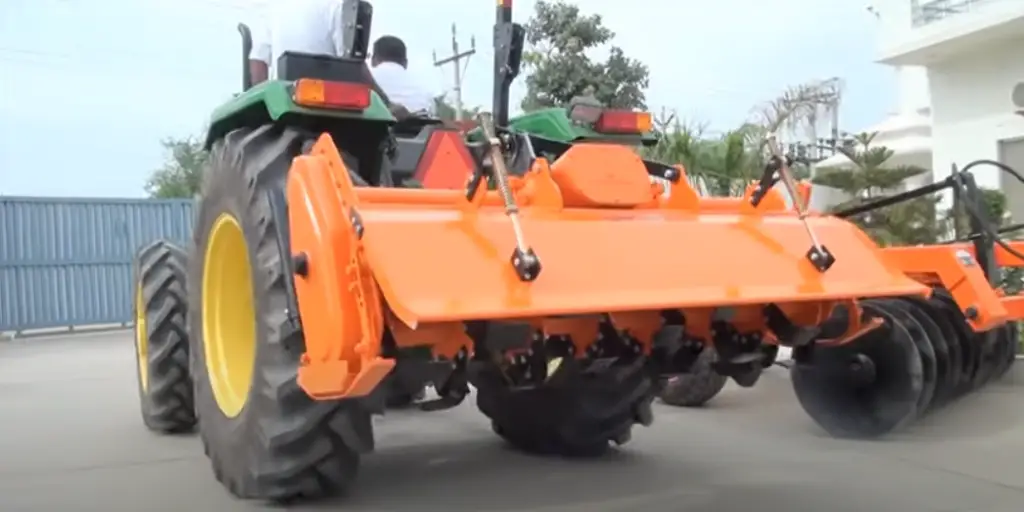
A rotavator is a gardening tool that is used for cultivating and tilling soil.
It is a motorized machine with rotating blades or tines that dig into the ground to loosen and aerate soil.
It is usually used for preparing a garden bed or an area of land before planting. Rotavators are often used for larger projects, such as for turning over hard soil or for making long furrows in preparation for planting.
The blades of a rotavator are powered by a gasoline engine, making them more powerful than hand-operated tillers.
A rotavator can cover a large area quickly and can be used to prepare and maintain large gardens.
It also has adjustable tines to allow for different depths of cultivation. Rotavators are typically more expensive than hand-operated tillers, but they are more powerful and efficient.
What is a tiller?
A tiller, also known as a cultivator, is a tool used for preparing soil for planting. It has long, sharp blades that are designed to break up and loosen soil, making it easier to cultivate.
The tiller is usually pushed or pulled by hand and is designed to cut through hard-packed dirt and tough plant roots.
A tiller can be used to break up clumps of soil, remove weeds and aerate the soil, making it more fertile and easier to work with.
Tillers come in a variety of sizes and shapes, so you can find one that best fits your needs.
They are great for large gardens, yards, and fields where a rotavator would be too powerful or cumbersome.
The main differences between a rotavator and a tiller
When it comes to gardening, both a rotavator and a tiller can be used to break up soil, aerate it, and prepare it for planting.
However, there are some key differences between the two.
First, a rotavator is a heavier machine than a tiller, designed to break up harder, more compacted soil. It works by spinning several blades at high speed, effectively shredding the soil into small pieces.
Rotavators are better suited for larger areas and tougher conditions, while tillers are lighter and more maneuverable machines, ideal for smaller gardens and yards.
Second, rotavators are better equipped to loosen deeper layers of soil, whereas tillers can only loosen up the top few inches. This makes rotavators ideal for preparing ground for larger crops and gardening projects, such as growing potatoes or other root vegetables.
Third, rotavators are generally more expensive than tillers. This makes them a better choice for those looking to invest in a longer-term gardening solution that will last for many years.
Finally, rotavators require more maintenance than tillers. The blades need to be sharpened regularly to ensure they work effectively and safely. Additionally, the entire machine should be inspected and serviced annually.
In summary, a rotavator is the best choice for larger areas with tough soil conditions, while a tiller is better suited for smaller gardens and yards with softer soil. If you’re looking for a long-term gardening solution, a rotavator may be the better choice.
However, if you’re looking for an easier-to-maintain option, a tiller may be the better option for you.
Tillers are also easier to use, since most models don’t require manual effort like a rotavator does. They simply have to be pushed forward in order to dig the desired depth of soil.
On the other hand, a rotavator requires constant control and effort as it’s being operated.
Another advantage of using a tiller over a rotavator is its ability to handle soils which have already been cultivated and loosened.
Tillers do not have difficulty moving through already dug up and loosened soil, whereas rotavators have difficulty navigating through it, since their heavy weight can cause them to sink and become stuck.
Overall, depending on your needs and budget, either a tiller or a rotavator could be the right choice for you when it comes to cultivating your garden.
Which one should you choose?
When it comes to deciding between a rotavator and a tiller, there are some factors to consider.
If you’re looking for a machine to break down soil quickly and deeply, the rotavator is the way to go. It has greater power and bigger blades, so it can churn the soil more effectively.
On the other hand, if you need something for smaller jobs that require more precision, then a tiller is the better option. Its smaller blades are better suited for working in tighter spaces, and it can also be used to cultivate and aerate the soil.
In general, rotavators are better for larger gardens and fields, whereas tillers are more suitable for smaller areas.
They both have their advantages, but it’s important to know which one is right for your particular project.
Ultimately, the choice will come down to what type of job you’re doing and the size of your area. Consider your specific needs, and then make the decision that’s best for you.
Frequently asked questions (FAQs)
What is the difference between the rotavator and a tiller?
A rotavator has rotating blades which can turn the soil over to aerate and prepare it for planting. A tiller on the other hand is more like a cultivator as it has smaller tines which break up the soil more gently.
What is the purpose of a rotavator?
The main purpose of a rotavator is to turn over the soil and aerate it, making it easier to plant in. It can also be used to create furrows and beds for planting, and to mix in compost or fertilizer.
What is the purpose of a tiller?
Tillers are mainly used for breaking up soil, uprooting weeds, and mixing compost into soil. They are also great for creating furrows, beds, and mounds for planting.
Which one should I choose?
It really depends on what you need it for. If you need to break up soil or mix in compost then a tiller is probably the best choice. If you need to turn over soil and aerate it, then a rotavator is the way to go.
Wrapping up
Choosing between a rotavator and a tiller can be difficult, especially if you’re not sure what the difference between a rotavator and a tiller is. To summarize, a rotavator is a garden tool designed for deeper cultivation than a tiller, and has greater power and durability. Tillers are best suited for lighter tasks like leveling soil, cultivating small areas, and preparing soil beds.
Depending on the size and type of job you’re doing, one may be better suited to your needs than the other. Do some research and ask yourself which one would best help you achieve your desired outcome.
Auto Amazon Links: No products found.
VEVOR Tree Watering Bags Slow Release, 4 Pack 16 Gallons Tree Watering Ring, Reusable Refillable Tree Irrigation Ring Water Bags, Heavy Duty Watering System for Shrub Tree Root Drip Irrigation
$29.99 (as of February 19, 2026 04:52 GMT +00:00 - More info- Product prices and availability are accurate as of the date/time indicated and are subject to change. Any price and availability information displayed on [relevant Amazon Site(s), as applicable] at the time of purchase will apply to the purchase of this product.
Perfect Plants Christmas Tree Saver 8oz. | Easy Use Xmas Tree Preserver Food | Have Healthy Green Christmas Trees All Holiday Season
$16.99 (as of February 19, 2026 04:52 GMT +00:00 - More info- Product prices and availability are accurate as of the date/time indicated and are subject to change. Any price and availability information displayed on [relevant Amazon Site(s), as applicable] at the time of purchase will apply to the purchase of this product.
Mini Decorative Watering Can, Set of 6, Height 1.97 inch, Cute Metal Jug for Hand Crafts,Garden Theme Parties and Home Decor
$8.99 (as of February 19, 2026 04:52 GMT +00:00 - More info- Product prices and availability are accurate as of the date/time indicated and are subject to change. Any price and availability information displayed on [relevant Amazon Site(s), as applicable] at the time of purchase will apply to the purchase of this product.
Wilt-Pruf® Christmas Tree/Cutting Preserver Spray |Preserves Christmas Trees, Wreaths, Garlands, Cuttings and Carved Pumpkins | Reduces Needle Drop | Keeps Cut Trees Fresh Longer | Natural (32 oz)
$21.99 (as of February 19, 2026 04:52 GMT +00:00 - More info- Product prices and availability are accurate as of the date/time indicated and are subject to change. Any price and availability information displayed on [relevant Amazon Site(s), as applicable] at the time of purchase will apply to the purchase of this product.
Joewuzun 1.5m Christmas Tree Watering Funnel Longer Tree Funnel Watering Spout Tree Watering Device Christmas Tree Long Funnel Watering System Xmas Plant Watering Tool for Large Indoor Outdoor Plants
$9.99 (as of February 19, 2026 04:52 GMT +00:00 - More info- Product prices and availability are accurate as of the date/time indicated and are subject to change. Any price and availability information displayed on [relevant Amazon Site(s), as applicable] at the time of purchase will apply to the purchase of this product.
TERRO Ant Killer Bait Stations T300B - Liquid Bait to Eliminate Ants - Bait System - 12 Count Stations for Effective Indoor Ant Control
$11.97 (as of February 19, 2026 04:52 GMT +00:00 - More info- Product prices and availability are accurate as of the date/time indicated and are subject to change. Any price and availability information displayed on [relevant Amazon Site(s), as applicable] at the time of purchase will apply to the purchase of this product.
OLANLY Dog Door Mat for Muddy Paws 30x20, Absorbs Moisture and Dirt, Absorbent Non-Slip Washable Doormat, Quick Dry Chenille Mud Mat for Dogs, Entry Indoor Entryway Carpet for Inside Floor, Grey
$9.48 (as of February 19, 2026 04:52 GMT +00:00 - More info- Product prices and availability are accurate as of the date/time indicated and are subject to change. Any price and availability information displayed on [relevant Amazon Site(s), as applicable] at the time of purchase will apply to the purchase of this product.
Zevo Flying Insect Trap Official Refill Cartridges - Fits Both Zevo Trap & MAX Indoor Fly Trap - Authentic Trap+Lock Technology to Catch Gnats, House & Fruit Flies (4 Official Refill Cartridges)
$14.97 (as of February 19, 2026 04:52 GMT +00:00 - More info- Product prices and availability are accurate as of the date/time indicated and are subject to change. Any price and availability information displayed on [relevant Amazon Site(s), as applicable] at the time of purchase will apply to the purchase of this product.
Wagner's 53002 Farmer's Delight Wild Bird Food with Cherry Flavor, 10-Pound Bag
$12.48 (as of February 19, 2026 04:52 GMT +00:00 - More info- Product prices and availability are accurate as of the date/time indicated and are subject to change. Any price and availability information displayed on [relevant Amazon Site(s), as applicable] at the time of purchase will apply to the purchase of this product.
HOME GROWN Zinnia Dahlia Seeds Pack for 2026 Non GMO 524 Flower Seeds | Vibrant Zinnia Elegans for Pollinator Gardens, Borders & Containers | Easy-to-Grow Outdoor Blooms
$6.99 (as of February 19, 2026 04:52 GMT +00:00 - More info- Product prices and availability are accurate as of the date/time indicated and are subject to change. Any price and availability information displayed on [relevant Amazon Site(s), as applicable] at the time of purchase will apply to the purchase of this product.

